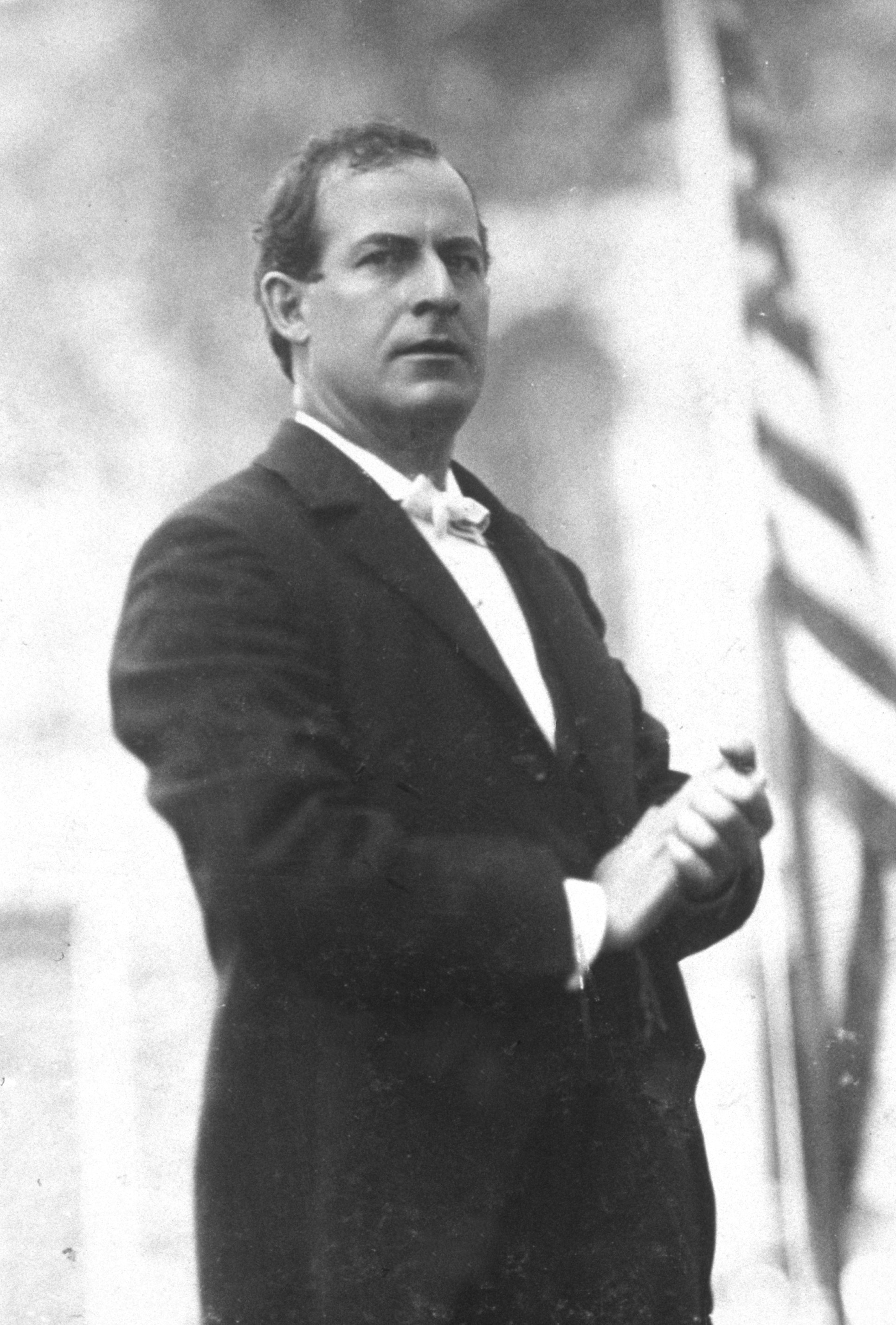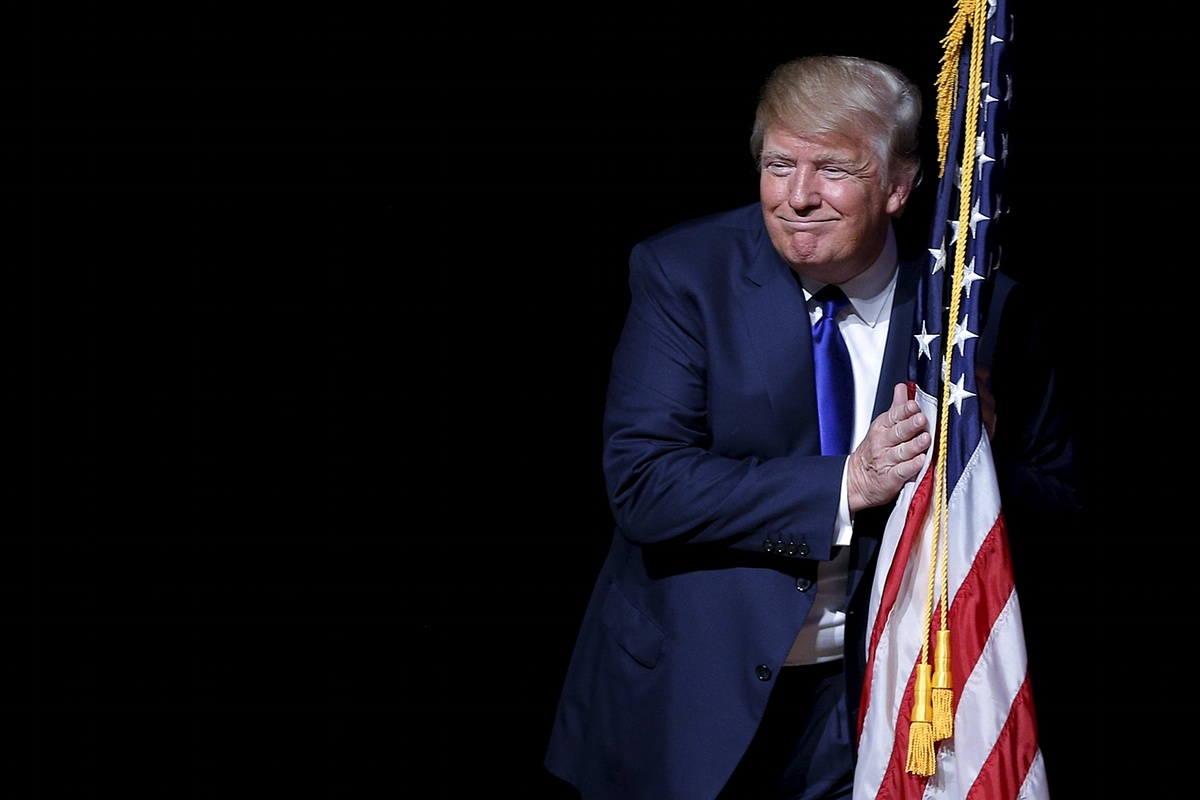There are antecedents in our nation’s history for the shocking and disgraceful rise of the aspiring fascist Donald Trump, especially when you consider his “America First” slogan is lifted directly from Lindbergh and the like who spearheaded the domestic Hitler-appeasement movement. In fact, if you go back to the 1930s and look at the landscape more broadly, you’ll notice a surprising number of U.S. plutocrats who thought our country doomed before the autocracy of Mussolini–Hitler, even–envious of the “orderliness” of Labor in those countries. The trains were supposed to arrive on time, as were the conductors. There would be no protests.
In a Wall Street Journal essay, David Frum recalls another populist insurgent, William Jennings Bryan, who wasn’t exactly Trump but can perhaps explain aspects of his emergence, and, maybe, eventual decline. Frum notes that both seized on the frustrations of whites who’d come to feel culturally and financially dispossessed, wooing them with easy answers and oratory skills suited to their respective moments.
One Frum line about Trump supporters seems dubious to me: “[They’re experiencing] not only the heaviest economic cost but the most onerous social cost too: family crackup, addiction, suicide, lost cultural standing, lost political respect, lost deference to their norms and expectations.” This economic narrative has been partly debunked, and the issues mentioned threaten almost all Americans, with technology, globalization and tax codes conspiring to destabilize. In response, some are buying into an impossible and ugly retreat into the past and others are moving hopefully if anxiously toward tomorrow, aiming to remedy problems without turning back the clock. And if those disappearing “norms and expectations” are steeped in racial privilege–which they are–they shouldn’t be preserved, no matter how discomfiting some may find that reality.
The opening:
Underfinanced, thinly organized and reviled in the media, the Trump campaign has nonetheless apparently pulled even in some recent polls with Hillary Clinton. Every pundit can itemize the long list of things that Donald Trump has done all wrong throughout this election season—and yet here he is, poised to overcome all dissent at the Republican convention in Cleveland and to run a competitive race afterward.
Trump’s first and strongest advocate in conservative media, the columnist Ann Coulter, has vividly described the radicalism of what has happened: “Trump isn’t a standard-issue GOP, trying to balance the ticket to get his party into power. He’s starting a new party! He’s just blown up the old GOP.”
Dazed and baffled, the old GOP is still struggling to understand how it has reached this point. One way to understand the situation is to look at an unexpected historical parallel: the populist insurgency led by William Jennings Bryan, who was three times —in 1896, 1900 and 1908—the Democratic Party’s candidate for president.
As individuals, the gaudy businessman from New York City and the Great Commoner from the prairies don’t have much in common. But the political movements that they have championed do share much in common—both on the way up and, perhaps, on the way down.•


